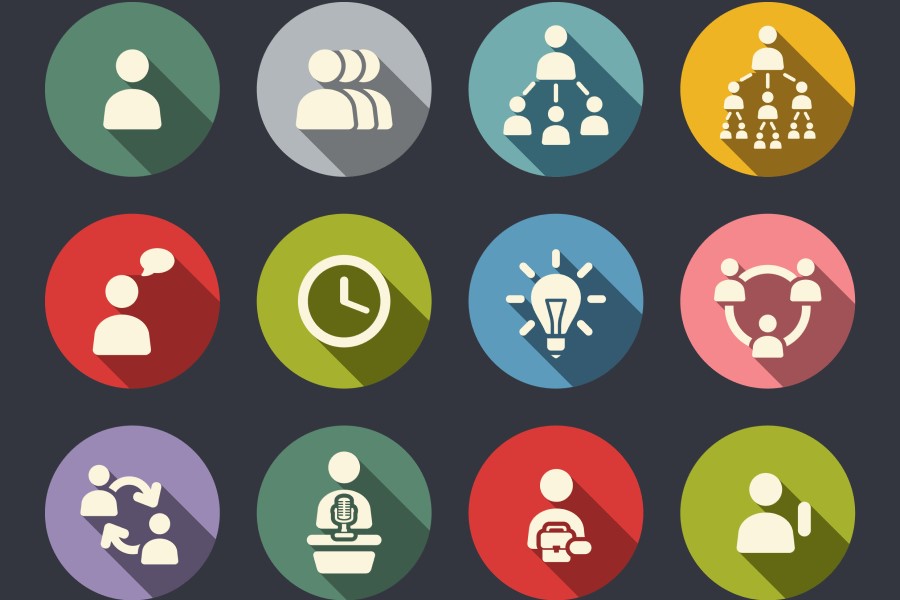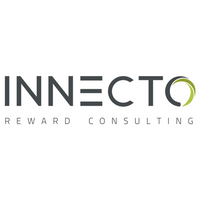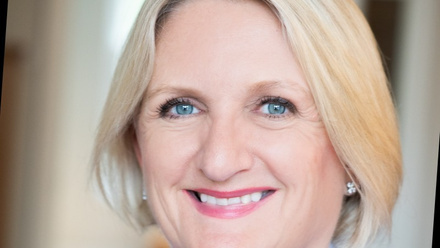Three key reward lessons from ‘mature’ businesses

I’ve shared a few themes and solutions below which are common to our ‘mature’ clients, but may be relevant to a wider audience.
1. HR’s role within the business
The current business context is highly competitive and dynamic. It’s not viable for organisations to hold on to ineffective and outdated perspectives, but nonetheless the old view of HR as a cost function persists.
This problem is particularly acute in well-established businesses where HR is process-driven and yet to realise its full value to the business. As HR professionals, we’ve got to constantly innovate, adapt and be open to exploring new opportunities. It’s our responsibility to ensure ‘mature and stable’ does not become ‘obstructive and rigid’.
Long gone are the days when HR was only good for rubber-stamping payslips. Pay and reward may represent your highest expense, but it also provides you with the greatest opportunity to deliver competitive advantage, reduce costs and drive productivity and profitability.
2. Facts not feelings
“But we’re all about people!” I hear you say. Absolutely, and we should never lose sight of the human element in our work.
However we can be smarter about using facts and figures to shape our decision making. Attracting and retaining talent, career pathways, absenteeism, employee lifetime value and engagement all have a direct impact on the bottom line. Tracking these through properly applied metrics can improve profitability through human capital.
In tandem with gaining these insights, create channels that enable the free flow of current, accurate and meaningful information to your leadership team. By providing the analytics and insight to inform better decision making, both at Board and management level, HR can take its place as an operational hub at the heart of the business.
3. Ways of working
Many of our mature clients favour the traditional practice of reviewing pay, performance and bonus once a year. But cycles of innovation are moving ever faster and demand more immediate feedback and impactful rewards. So within this environment, it may be necessary to take a more agile approach to gain a competitive edge and deliver strategic and operational gains.
The flip side of agility is collaboration. Changing workforce demographics and challenging business environments are making cross-functional relationships between HR, finance and business development more important than ever.
Working with colleagues outside the HR function enables you to see the bigger picture and translate business strategies and objectives into an appropriate reward programme. Make sure you have access to detailed roadmaps for the company’s future, since this is vital to designing pay and reward strategies which drive the right behaviours and incentivise desired outcomes.
The author is Sarah Lardner, client director at Innecto.
This article was provided by Innecto.
In partnership with Innecto Reward Consulting
We have more than 20 years' experience in getting employers' pay and reward working harder for them.







